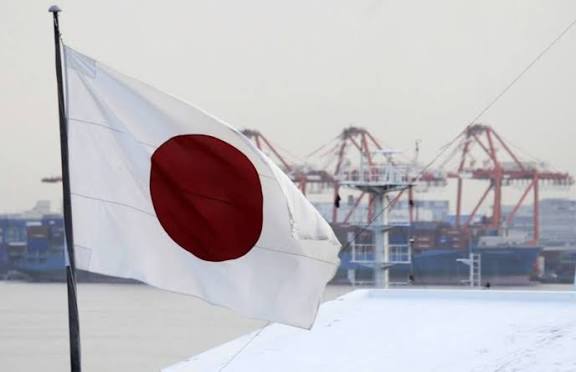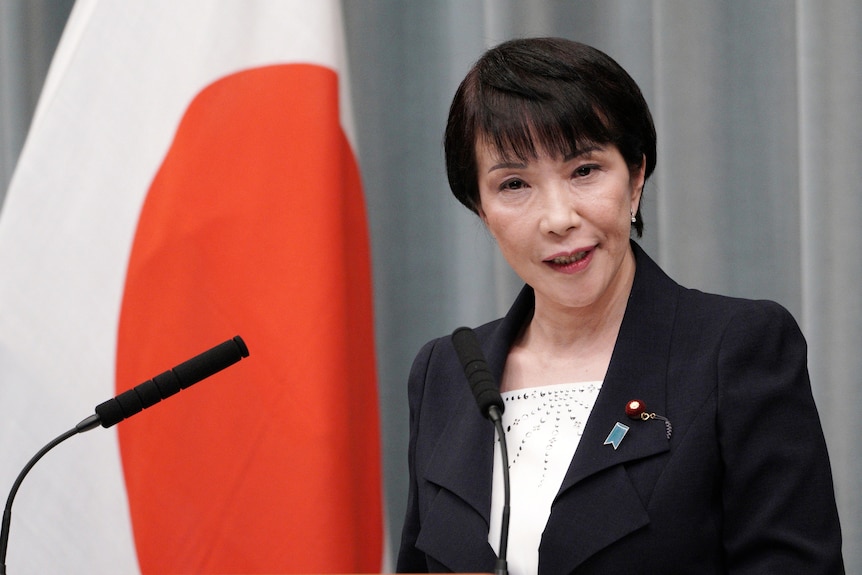Japanese exports to the United States fell sharply in August, plunging nearly 14 percent as President Donald Trump’s tariffs continued to disrupt trade flows and weigh heavily on Japan’s key industries. Official data released by Japan’s finance ministry showed a 13.8 percent year-on-year decline in the value of goods shipped to the US, the steepest drop in more than four years. The auto sector, which accounts for about a third of Japanese exports to the American market, was hit hardest.
Car shipments tumbled 28.4 percent, while auto parts slid 7.1 percent, underscoring the pressure on manufacturers already struggling with a 27.5 percent levy imposed under Washington’s trade policies.
The slump comes despite the recent implementation of a bilateral trade pact that reduced US tariffs on Japanese autos from 27.5 percent to 15 percent, aligning them with many other goods. While this development offered Tokyo a partial victory, analysts warn that the pain for automakers and related industries remains substantial. Japanese business lobbies are now pressing the government to pursue further negotiations with Washington to secure greater relief for exporters.
Read Also: Fall Asleep In 5 Minutes With This Natural Trick
The broader impact of Trump’s tariffs, aimed at boosting US manufacturing and narrowing the country’s trade deficit, has reverberated across global markets. Japan’s automobile industry, home to global giants such as Toyota and Honda, employs roughly eight percent of the nation’s workforce. With exports slowing, concerns are mounting about the potential knock-on effects for jobs and economic growth.
Japan’s trade surplus with the United States, a frequent target of criticism by Trump, shrank by nearly half in August to 324 billion yen ($2.21 billion). While the decline reflects progress toward Washington’s goals, it also highlights the costs borne by Japanese companies reliant on the American market. Economists caution that even with the tariff reduction, sustained pressure on exports could undermine Japan’s broader trade balance and weaken industrial output.
For now, the data illustrate the ongoing strain between the world’s largest and third-largest economies. With negotiations still in play, the outcome will be crucial not only for automakers but also for the stability of global trade.










